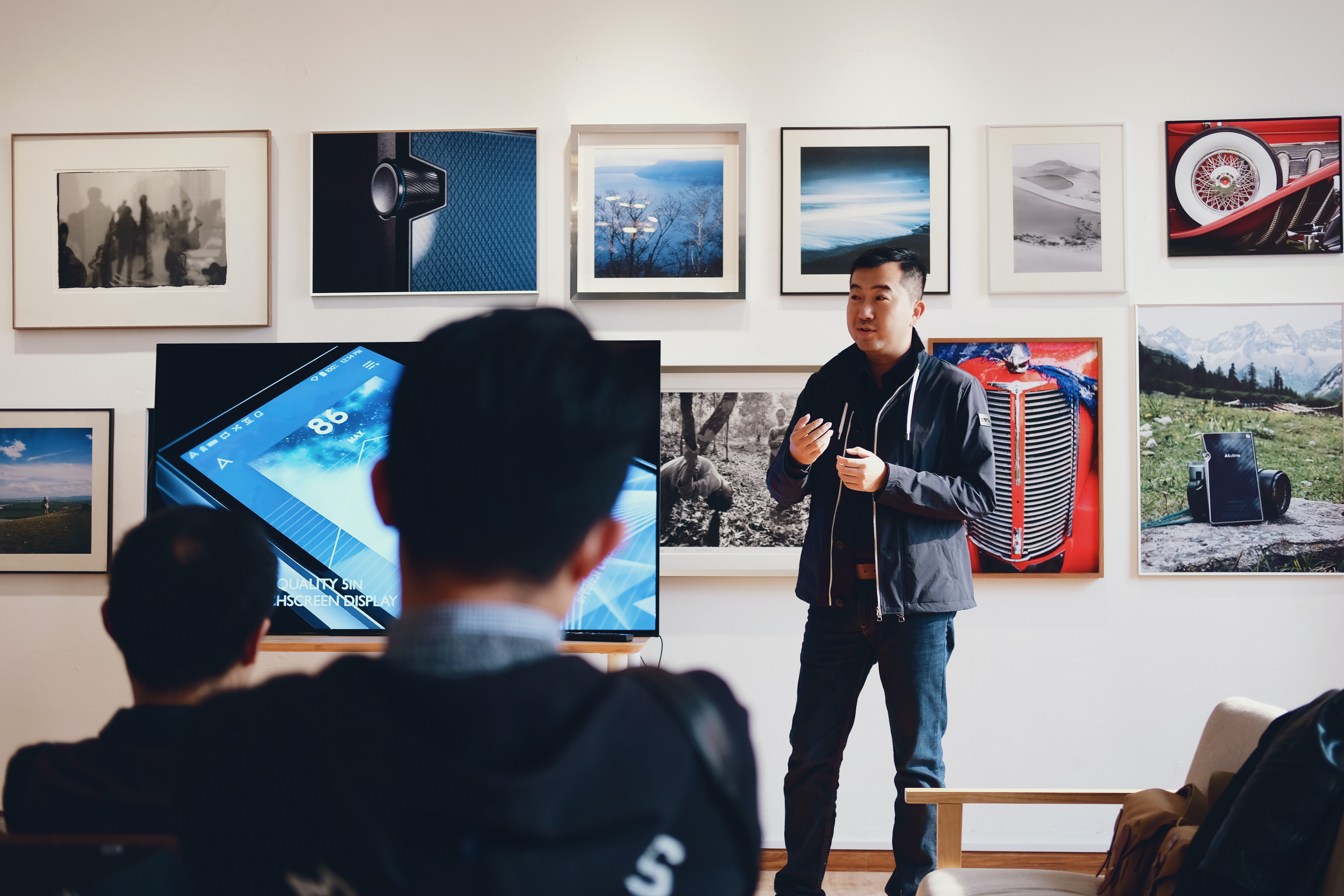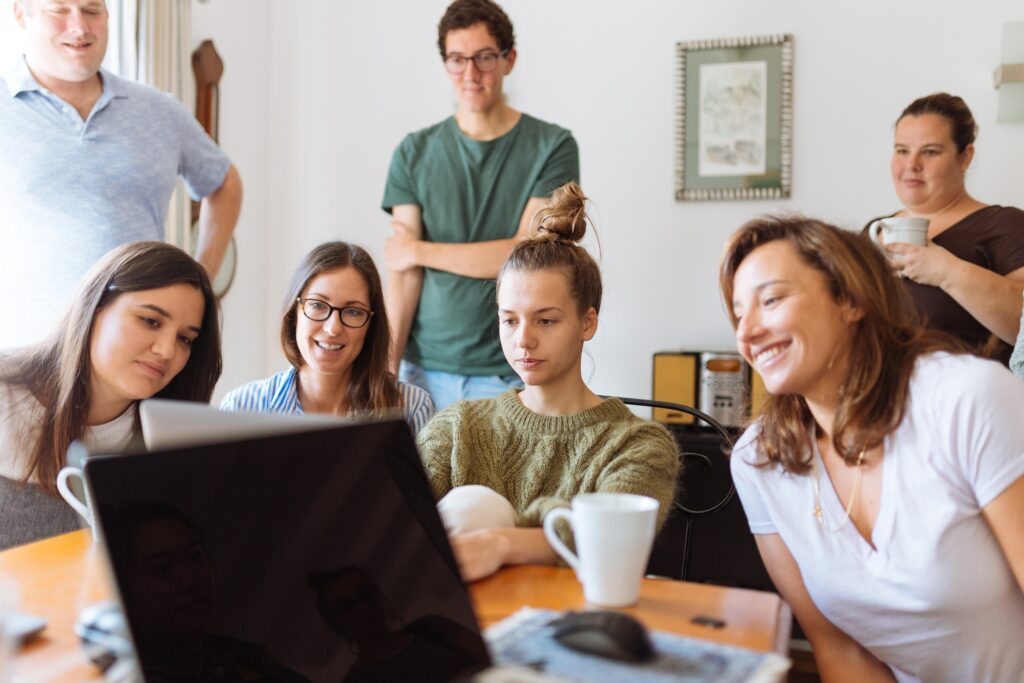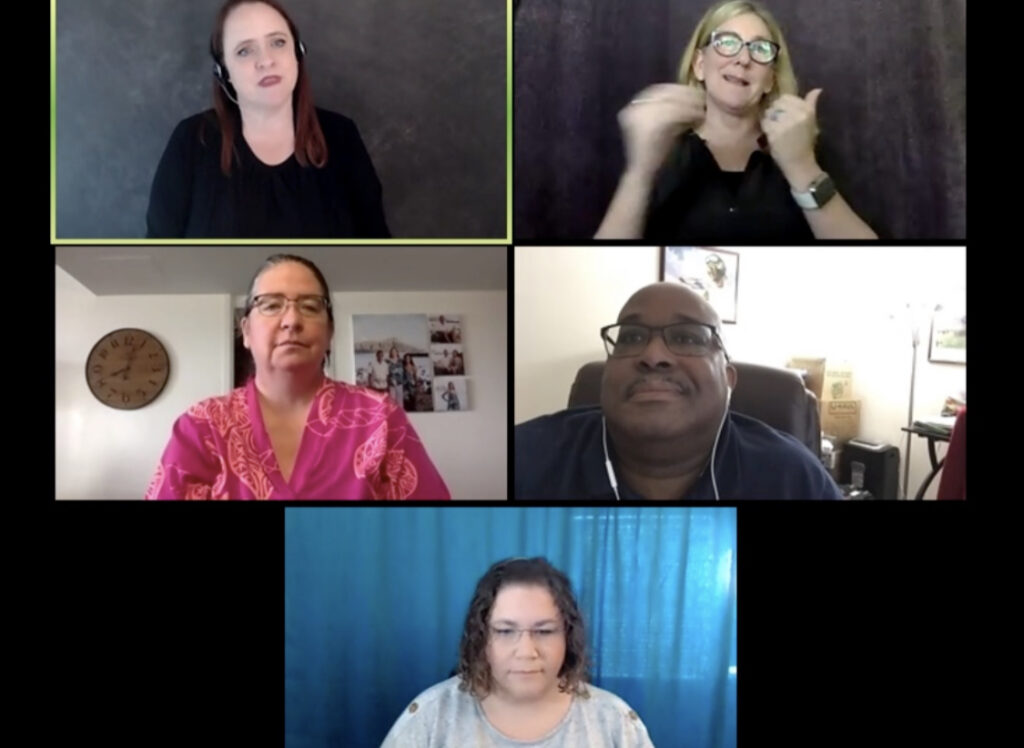Read the full video description.
Connecting with a mentor can be a life-changing experience. Positive mentoring experiences are mutually beneficial and have lasting influence on both the mentee, mentor, and even the mentee’s family members. These mentoring opportunities offer valuable experiences that contribute to personal, academic, and career development for deaf youth. Yet, the number of opportunities or experiences for mentoring are limited. This is especially true for deaf youth with multiple identities, like deaf-blind, deaf who are oral, deaf people of color, deaf disabled, deaf LGBTQ+ people, and many more.
To help explore opportunities for deaf mentoring, the National Deaf Center on Postsecondary Outcomes (NDC) hosted Mentoring Deaf Youth Leads to #DeafSucess on September 21, 2021. The event featured deaf youth mentors with a wide range of experience in a panel discussion on a wide range of topics.
The featured panelists were:
- Mark Ramirez, a school social worker in Santa Fe, New Mexico
- Domonic Gordine, a Deaf Philadelphia native working on developing and expanding youth mentorship programs
- Margretlynn “Maggie” Hola Pualani Mackey, a Deaf coach/ Deaf mentor at NORCAL Center in California
Meet Them Where They Are
When reflecting on lessons they have learned over their years as mentors, our panelists had much to share with attendees. One of the first points they all agreed on was focusing on the needs of the individual in that given moment.
“Drawing from my social work program, the emphasis is to meet a client where the client is,” said Mark. “The same applies with mentoring — wherever they are in their journey, it’s important to meet that person where they are. That becomes your starting point — not where I think it should start. It takes time to know that person holistically. That’s not a quick process. I try to think of where that person is, start there, and walk alongside them from that point. That’s my concept of mentoring.”
Dominic agreed with this need for understanding and for being willing to do what is best for each individual situation. “We have to fit into their comfort level. That’s what makes the connection. Sometimes as adults, we try too hard. We want to do a good job. Rushing to get results typically isn’t going to work. Mentorship is a slow process.”
Maggie also saw the need for flexibility in curriculum in this mentee-first approach, often finding that simply asking for their input helps deaf youth to be more open about their needs. “When we are done with the session, I will check in and ask how they feel about it. I will ask if they feel that this lesson has an application in their life, or will it improve some part of their life. When we meet again next week, we will identify whether they still need to focus on that area after applying it in their life. One size doesn’t fit all. Make the concepts apply in a relevant way to that deaf young person.”
Respect Culture, Family, and Mentee Choice
As a mentor, honoring all the facets of the deaf person’s experience is the foundation of a genuine relationship. Cultural humility and cultural responsiveness are vital to this process. Learning from your mentee, as well as their life, family, and community, will help build an even stronger connection.
“You want to understand that family and their culture better so that you can better support their child,” Maggie shared. “The key is understanding the family, yet not working based on the parent’s needs, but on that child’s needs.”
Dominic agreed, saying, “I identify myself as a person that was there to support them with any of their needs. I want to understand them and their culture. I am extremely sensitive to that. I think that’s critical — if you can do that first, things can move forward even if differences arise later.”
The question of outside forces impacting a mentor-mentee relationship was broadened by an event attendee when they asked about mentors being required by school or a program versus mentors being optional and by student choice. Research shows benefits of mentoring for deaf youth, but it also can’t be forced or imposed on youth.
“I think if someone voluntarily wants a mentor, they are going to be more likely to follow through. They are more invested,” explained Mark. “At the same time, if it’s not required, it can be easy for people to fall through the cracks or be overlooked. It’s a tough conundrum to decide between the two.”
Dominic advocated for a stronger student choice, even if it is in required programs, saying, “I think we have got to ask the youth first. Ask about what it is they are seeking in a mentor. That way we can make a good fit. Otherwise, it’s going to fail. If a person isn’t happy with their mentor, they need to find another one.”
Authenticity over Perfection
While we all may strive to be perfect much of the time, we are human. Our panelists all agreed not to focus so much on your imperfections holding you back or making you not worthy. Don’t let that stop you from becoming a mentor.
“Find your strength, find your skill, and find what it is you have to offer,” Mark explained. “When you realize that, you can really meet that student where they are. Be your unique self, use your strengths, and you will have a young person connected with you who really matches.”
Dominic agreed, “There are no perfect mentors. Find your strengths and your talents. That’s what you can offer young people.”
“I like what Mark has said, being yourself. Be you,” added Maggie. “Be the light that you want to see. That enthusiasm is inspiring to others. When you have that hunger, then you will be able to fill others.”
Resources on Deaf Mentorship
As always, NDC’s help team is here to support you with questions you may have on mentorship and deaf mentor programs. You can also check out these additional resources:
- Watch success stories
- Take a self-paced online course
- Download and share resources
You can stay up to date on the latest news and events by joining NDC’s listserv, as well as connecting with us on social media!









